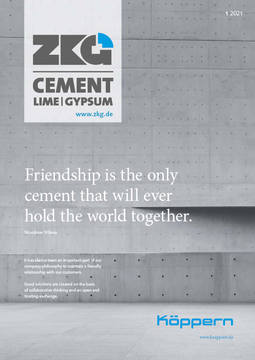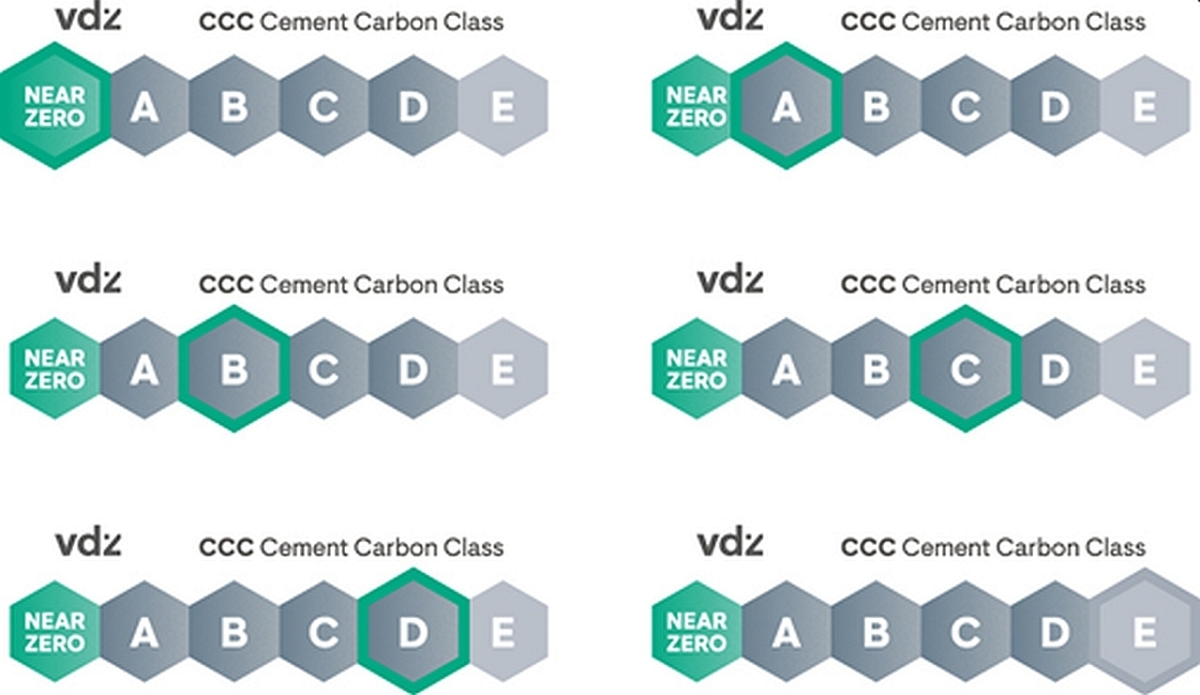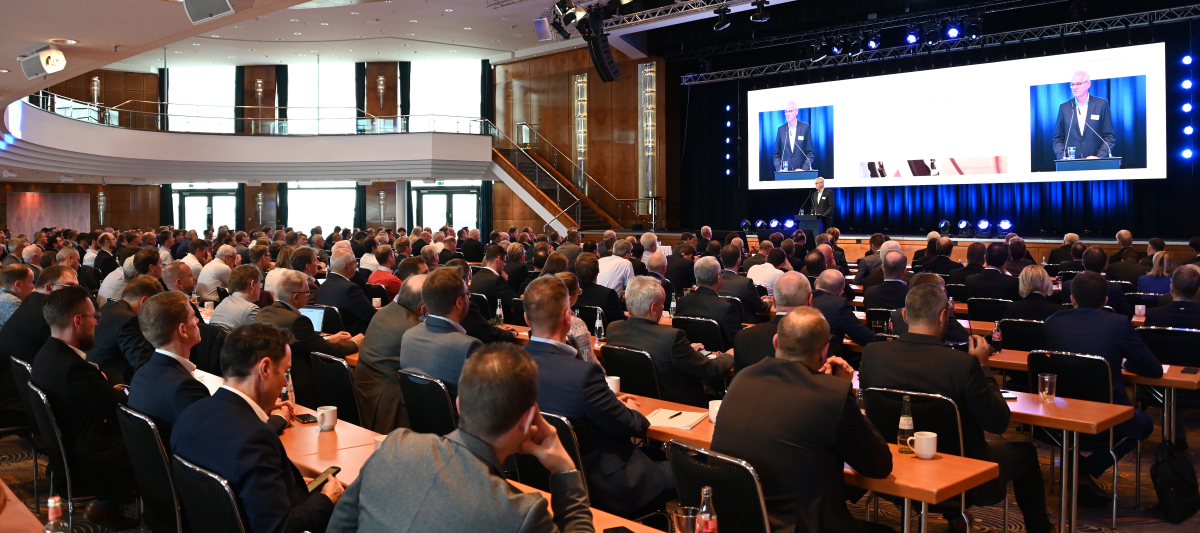German cement industry on course for a carbon-free future
In the face of global climate change it will be imperative to drastically reduce greenhouse gas emissions throughout the world over the next few decades. This also applies to the cement industry. “We are well aware of our responsibility, and the industry in Germany is willing to make its contribution towards achieving climate neutrality in the future”, says Christian Knell, President of the German Cement Works Association (VDZ). The new VDZ study, “Decarbonising cement and concrete: A CO2 roadmap for the German cement industry”, shows possible ways of mastering this transformation by the year 2050.
Over the past few decades the German cement industry has taken extensive measures to reduce its carbon footprint and in so doing has successfully cut its CO2 emissions by roughly a quarter since 1990. “The cement industry is however now reaching the limits of its potential for any further reduction in the volume of CO2, particularly as the process-related emissions specifically associated with clinker production cannot be lowered by employing conventional means”, explains Martin Schneider, Chief Executive of VDZ.
On the basis of two decarbonisation scenarios, the study illustrates the CO2 savings which can be achieved along the cement and concrete value chain by 2050. Up to then it would be possible to reduce CO2 emissions by 36% as compared to 2019 by employing conventional reduction measures (-50% vis-à-vis 1990). Consequently, a completely new approach to the production of cement and its use in concrete is needed to achieve full climate neutrality.
A particularly important factor along the road to climate-neutral concrete construction is the increasingly lower use of cement clinker, which in turn would lead to far more CO2-efficient cements and concretes. As Schneider emphasises: “With regard to the remaining CO2 emissions which cannot be reduced in any other way, carbon capture is the sole option from today’s perspective.” The long-term aim must be to make use of this CO2 by converting it into other substances and products. In the interim it will however also be a matter of considering the possibility of storing CO2.
The CO2 roadmap clearly shows that a completely new approach to manufacturing and value creation will be required to master the challenge of climate-neutral industrial production. “We in the cement industry are prepared to pursue this course, but it is clear that we cannot achieve this alone”, stresses VDZ President Knell. It will require the cooperation of the entire value chain - from equipment suppliers and concrete manufacturers right through to the building industry, designers and architects. “Ultimately, it will also depend on the commitment of other industries, policy-makers and society in general, as only through concerted action will it be possible to make a success of this transformation process”, Knell continues.
The study identifies a number of central areas of activity as prerequisites for successful decarbonisation. For example, an effective policy framework which would guarantee the international competitiveness and the position of the German cement manufacturers at the cutting edge of technology whilst at the same time promoting innovation and markets for “green” products. In technical terms, the creation and operation of the necessary infrastructure – for a widespread renewable power supply and the transportation of CO2 and hydrogen, for example – will also be of great significance. “Alongside the technical and economic aspects of decarbonisation, another essential factor will be to involve society as a whole in this process right from an early stage”, emphasises Martin Schneider.
Christian Knell remains optimistic despite the magnitude of the challenges ahead. “German cement manufacturers have dedicated themselves to CO2 reduction over the past few years in a remarkable way”, says the VDZ President. The industry is willing to assume greater responsibility with regard to climate protection. Martin Schneider is also confident: “We have placed the decarbonisation of cement and concrete at the heart of our activities. It will be essential to achieve an integrated approach, incorporating the entire construction value chain”.
An executive summary of the new VDZ study in English is available for download at: https://www.vdz-online.de/en/cement-industry/climate-protection.



